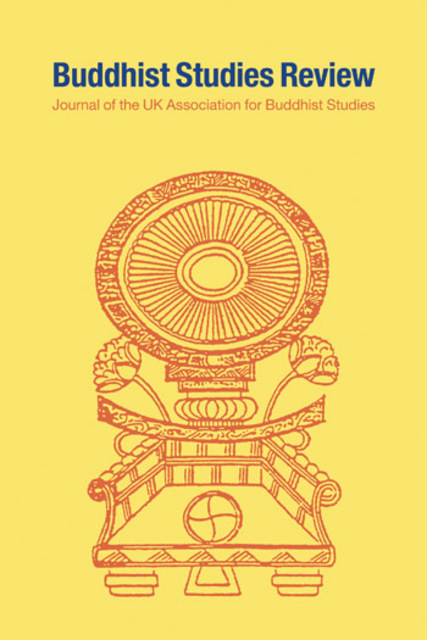The Application of Traditional Rules of Purity (Qinggui) in Contemporary Taiwanese Monasteries

Full description
Vinaya rules embody the ideal of how Buddhists should regulate their daily lives, and monastics are required to observe them, despite the fact that they were compiled nearly 2,500 years ago in India: a context dramatically different not only from Chinese Buddhism's present monastic conditions, but from its historical conditions. Against this backdrop, rules of purity (qinggui) were gradually formulated by Chinese masters in medieval times to supplement and adapt vinaya rules to China's cultural ethos and to specific local Chinese contexts. This study explores how the traditional qinggui are applied by the Buddhist sangha in present-day Taiwan, and contrasts modern monastics' opinions on these rules and their relation to early Buddhist vinaya, on the one hand, against classical Chan literature (such as Chanyuan qinggui) and the Buddhist canon (such as Dharmaguptakavinaya), on the other. This comparison fills a notable gap in the existing literature.
- typeImage
- created on
- file formatjpeg
- file size82 KB
- container titleBuddhist Studies Review
- creatorTzu-Lung Chiu
- issn1747-9681 (online)
- issue36.2
- publisherEquinox Publishing Ltd.
- publisher placeSheffield, United Kingdom
- doi
We use cookies to analyze our traffic. Please decide if you are willing to accept cookies from our website. You can change this setting anytime in Privacy Settings.
